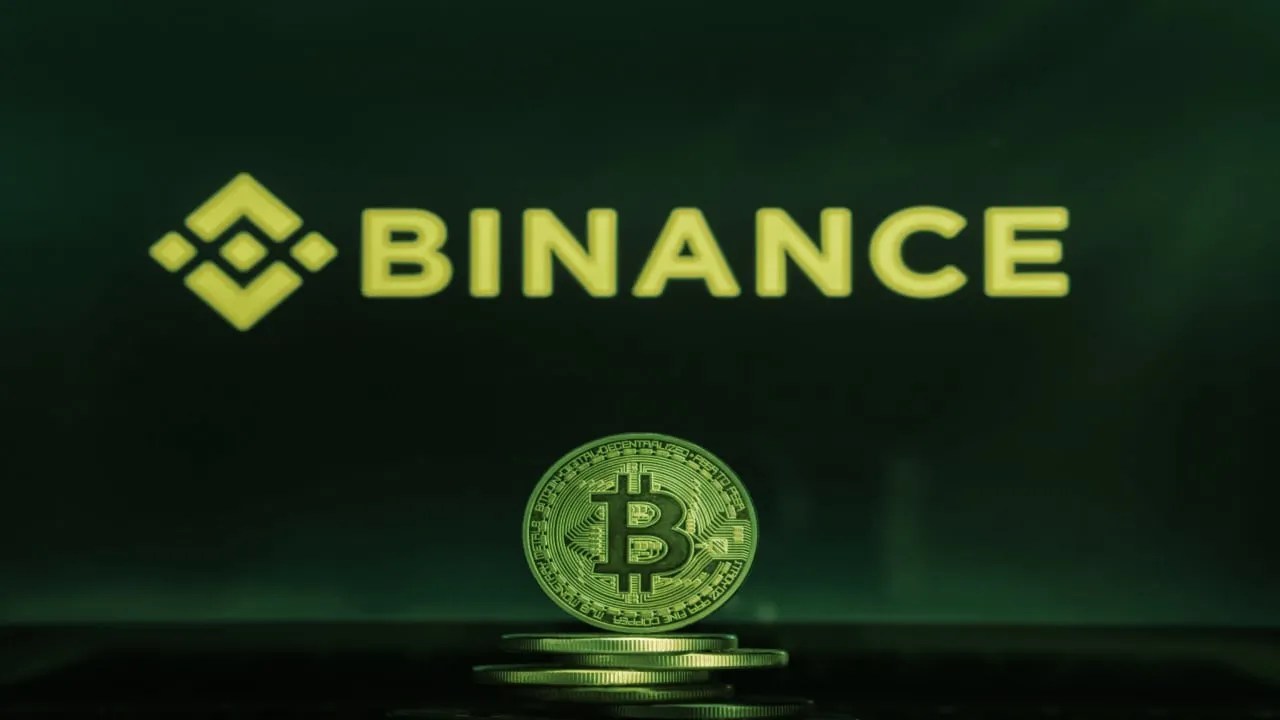2/2 #ProofOfReserves audit must have:
1. sum of client liabilities (auditor must exclude negative balances)
2. user-verifiable cryptographic proof that each account was included in the sum
3. signatures proving that the custodian has control of the walletshttps://t.co/QEZo0DzJfw— Jesse Powell (@jespow) November 22, 2022
Coin Prices
BTC
$118,197.00
2.00%ETH
$3,746.56
1.52%XRP
$3.19
2.40%BNB
$782.69
1.31%SOL
$187.59
3.98%USDC
$0.999881
0.01%DOGE
$0.238446
3.74%STETH
$3,740.99
1.26%TRX
$0.318277
1.30%ADA
$0.832629
3.61%WBTC
$117,961.00
1.98%HYPE
$44.49
3.51%WSTETH
$4,528.83
1.38%SUI
$4.08
8.54%XLM
$0.438597
3.78%LINK
$18.38
1.48%WBETH
$4,024.79
2.05%HBAR
$0.28005
14.50%BCH
$557.79
2.04%WEETH
$4,013.18
1.38%AVAX
$24.34
3.07%LTC
$114.24
-0.46%WETH
$3,746.72
1.39%LEO
$8.98
0.05%SHIB
$0.00001406
2.99%TON
$3.28
4.29%USDS
$0.999933
0.02%USDE
$1.001
0.04%BSC-USD
$1.00
0.26%WBT
$44.17
1.56%DOT
$4.12
2.35%UNI
$10.44
0.73%CBBTC
$118,219.00
1.89%XMR
$324.75
-0.36%PEPE
$0.00001268
3.33%BGB
$4.57
1.33%AAVE
$297.32
1.57%CRO
$0.135188
4.46%SUSDE
$1.19
0.04%TAO
$428.37
3.40%ENA
$0.572208
0.68%NEAR
$2.88
4.12%ETC
$22.87
1.87%PI
$0.441417
0.46%ONDO
$1.054
2.84%APT
$4.81
2.14%ICP
$5.66
2.27%JITOSOL
$228.70
4.09%OKB
$48.35
1.17%BONK
$0.00003545
4.49%PENGU
$0.04355723
19.19%KAS
$0.100328
2.24%MNT
$0.780747
3.97%BUIDL
$1.00
0.00%ALGO
$0.27547
5.15%ARB
$0.44841
2.15%WETH
$3,747.83
1.81%VET
$0.02591136
1.75%USD1
$1.002
0.13%RENDER
$4.23
3.27%ATOM
$4.75
2.89%POL
$0.235639
1.59%GT
$17.75
1.54%WLD
$1.17
2.34%TRUMP
$10.17
2.88%SKY
$0.09402
5.65%FTN
$4.55
0.96%SEI
$0.334048
2.58%FET
$0.737389
0.96%SPX
$2.02
14.49%BNSOL
$199.94
4.20%FIL
$2.66
1.99%QNT
$121.61
-0.05%RETH
$4,269.21
1.58%FLR
$0.02445175
10.41%LBTC
$118,031.00
2.07%JUP
$0.556828
3.55%RSETH
$3,926.12
1.32%SUSDS
$1.061
0.02%IP
$5.50
4.52%JLP
$5.10
1.75%CRV
$1.072
-0.46%KCS
$11.59
-4.13%XDC
$0.089951
1.29%USDTB
$0.999972
0.05%OSETH
$3,938.99
1.30%TIA
$1.95
1.94%INJ
$14.30
4.31%METH
$4,010.58
1.41%FARTCOIN
$1.39
1.77%LSETH
$4,047.78
1.68%USDT0
$1.001
0.22%FDUSD
$0.998866
-0.07%NEXO
$1.31
0.02%STX
$0.812406
3.31%OP
$0.724807
2.13%FLOKI
$0.00013056
1.70%EZETH
$3,938.12
1.58%USDT
$1.00
0.04%SOLVBTC
$118,086.00
2.27%JUPSOL
$211.48
4.01%IMX
$0.572752
3.16%WIF
$1.083
3.04%S
$0.335319
1.42%VIRTUAL
$1.59
3.12%GRT
$0.105113
1.93%WBNB
$783.40
1.68%USDC
$1.00
0.24%ENS
$29.94
6.67%KAIA
$0.167338
3.23%LDO
$1.088
-0.05%CAKE
$2.78
4.92%EETH
$3,739.33
1.52%SAROS
$0.360162
-1.07%PAXG
$3,354.26
0.02%WBTC
$117,936.00
1.74%MSOL
$246.04
3.83%XTZ
$0.892458
1.38%CLBTC
$119,838.00
3.52%CFX
$0.17976
-3.49%A
$0.576437
1.40%SYRUPUSDC
$1.11
-0.04%PUMP
$0.00252564
-3.87%PYUSD
$0.999972
0.01%THETA
$0.888491
2.45%JASMY
$0.01727183
2.56%IOTA
$0.212408
4.15%RAY
$3.10
4.85%XAUT
$3,345.41
0.22%SUPEROETH
$3,749.33
1.59%GALA
$0.01770447
2.25%CMETH
$4,013.90
1.17%CGETH.HASHKEY
$3,927.03
0.53%AERO
$0.901041
2.19%USDF
$1.00
0.05%TKX
$9.54
3.79%SAND
$0.309525
3.45%PYTH
$0.130193
3.36%PENDLE
$4.45
-2.44%JTO
$1.97
-0.01%OUSG
$111.94
0.02%USDY
$1.089
-0.28%USDX
$0.998741
0.20%BTT
$0.00000068
2.08%TBTC
$117,893.00
1.86%ZEC
$41.15
1.81%FLOW
$0.416868
2.95%WAL
$0.475917
9.77%SYRUP
$0.542482
-6.74%WETH
$3,746.85
1.67%HNT
$3.45
2.71%MORPHO
$1.96
1.90%AB
$0.00879849
0.37%MOG
$0.00000157
5.55%MANA
$0.318507
2.37%DOGE
$0.238337
4.03%BSV
$29.47
2.65%ETHX
$3,985.28
1.32%USD0
$0.997928
0.03%RLUSD
$0.999985
0.03%BTC.B
$118,127.00
2.10%CORE
$0.558814
2.13%XSOLVBTC
$117,028.00
1.16%BRETT
$0.056388
1.87%M
$0.334424
-5.89%WETH
$3,747.08
1.26%TEL
$0.0059466
-1.66%B
$0.541351
-5.04%CBETH
$4,130.86
1.45%XCN
$0.01576455
1.25%BDX
$0.074449
-0.70%USDD
$1.001
0.04%RUNE
$1.49
2.90%WEMIX
$1.15
18.01%WHYPE
$44.48
3.20%RSR
$0.00884778
3.36%APE
$0.630368
-3.46%ETHFI
$1.21
4.36%AR
$7.69
1.84%TUSD
$0.998236
0.10%SWETH
$4,047.72
1.22%AIOZ
$0.411391
0.75%CVX
$5.88
11.36%STRK
$0.13285
1.91%DEEP
$0.190588
7.83%DYDX
$0.627788
1.04%NEO
$6.66
2.52%EGLD
$16.42
2.07%SDAI
$1.16
0.06%COMP
$49.10
1.93%NFT
$0.00000046
-0.11%TETH
$4,532.60
1.11%XEC
$0.00002261
1.68%FRXETH
$3,732.94
1.50%BEAM
$0.00851245
6.16%AXS
$2.60
1.77%EIGEN
$1.36
-0.35%KAVA
$0.399016
0.08%WETH
$3,745.70
1.23%DEXE
$7.43
1.30%AXL
$0.41795
-0.20%USTB
$10.76
0.00%CHZ
$0.04271096
2.37%ZK
$0.057024
1.97%USYC
$1.094
0.02%TRIP
$13.82
2.76%STHYPE
$44.33
3.23%USDB
$0.994061
0.50%USDC.E
$0.999904
0.01%USELESS
$0.399172
29.18%VENOM
$0.189668
-1.70%W
$0.084603
2.95%1INCH
$0.282987
2.61%DAI
$0.99998
-0.00%BBSOL
$205.90
4.28%USDT
$0.997867
-0.36%WAVAX
$24.40
2.95%EOS
$0.575794
1.35%GNO
$145.87
1.74%SUN
$0.02005432
6.64%SAVAX
$29.61
3.24%MOVE
$0.145008
5.92%AKT
$1.37
1.34%POPCAT
$0.380349
3.55%REKT
$0.00000089
14.44%RON
$0.561911
1.32%JST
$0.03720727
0.46%SUPER
$0.811327
3.30%ATH
$0.03429997
4.22%OHM
$22.26
0.39%KTA
$0.898951
11.47%TURBO
$0.00520872
-0.44%EBTC
$117,885.00
1.65%DOG
$0.00355775
-0.99%LUNC
$0.00006326
2.03%WBTC
$118,118.00
1.92%CTC
$0.747485
0.87%MATIC
$0.235435
1.79%ZBCN
$0.00394888
-2.48%TWT
$0.802754
0.99%KAITO
$1.38
3.50%USDG
$0.999936
0.01%AMP
$0.00389949
0.75%ETH+
$3,936.77
1.55%MEW
$0.00366709
5.00%SFRXETH
$4,221.64
1.63%DSOL
$212.52
4.40%BUSD
$1.002
0.62%
